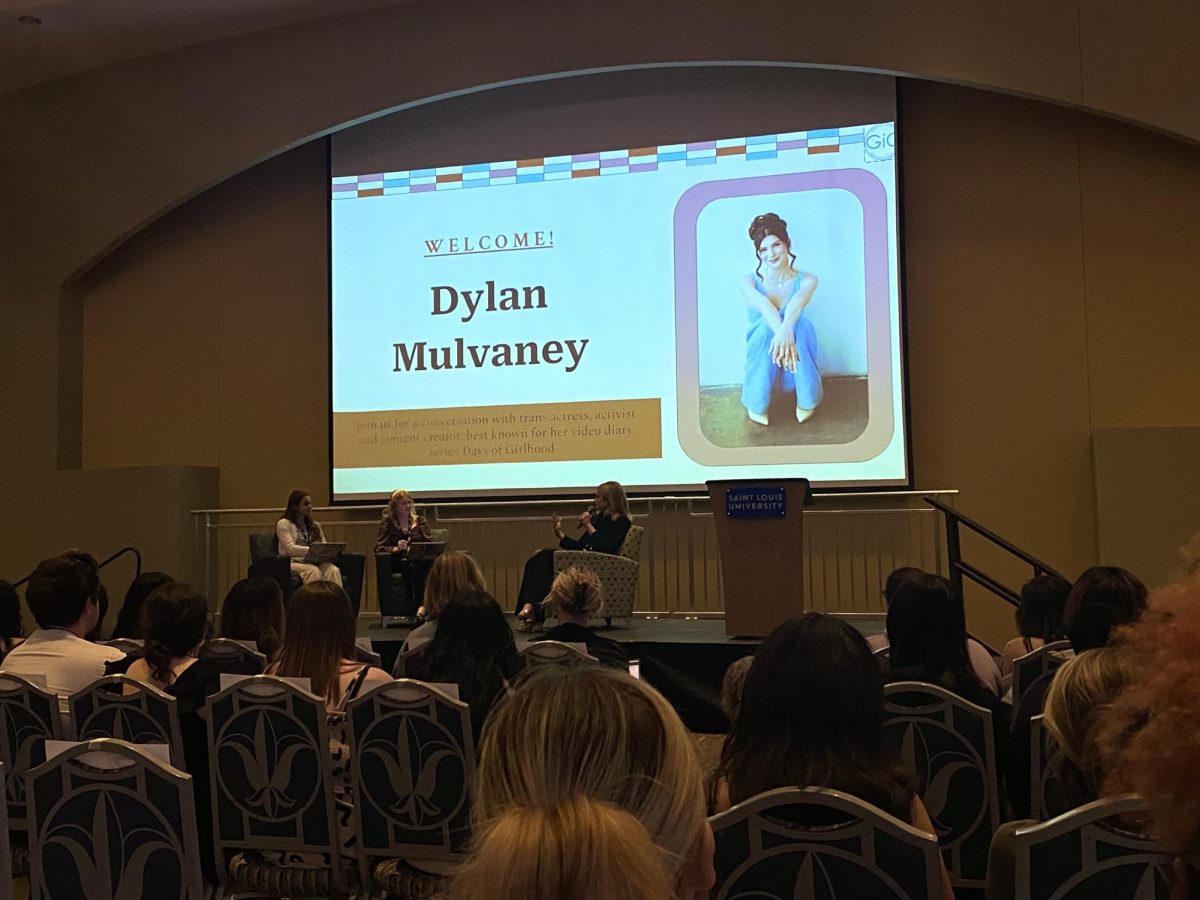Fraternities at Saint Louis University faced an unusually high number of violations last fall. The Interfraternity Council and the University Committee on Student Conduct heard appealed violations. The outcome: Pi Kappa Alpha is to be disbanded until January 2012. Four other fraternities’ fates are yet to be decided.
In mid-September, Pi Kappa Alpha was found guilty of alcohol-related charges and sanctioned to a year of social probation. During the probationary period, two more incidents were reported. Despite appeals, Pi Kappa Alpha was found guilty.
While Pi Kappa Alpha President Pat Devney declined to comment on the series of alleged violations, he said, “It’s unfortunate. I feel many of the members of my fraternity believe an anti-Greek sentiment is growing rapidly on campus.”
Pi Kappa Alpha’s expulsion, though greater in severity, represents a recent trend of sanctions in the Greek community.
The number of violations by Greek organizations has been “a little bit higher than . in past years,” said Student Conduct Officer Sarah Klucker. Klucker oversees the University Committee on Student Conduct, the Student Conduct Board and all hearing officers. In a given semester, Klucker may see up to 1,400 conduct cases. Nearly all of these violations are committed by an individual and are quickly managed without judicial board involvement. In the fall semester, only 40 or 50 students denied their culpability and requested hearings.
Greek organizations alone may face the IFC, the DeMattias Standards Board and the Panhellenic Council. Linda Wardhammar, associate director of student life, oversees the Greek councils. However, nearly all violation reports at one time come through Klucker’s office via residence life or the Department of Public Safety.
While fraternity cases are usually dealt with by the Greek judicial boards, cases will, at times, come before the University Committee on Student Conduct. If a fraternity hasn’t gone in front of IFC it was because the incident was either deemed too significant for the council to manage or “IFC had dealt with this chapter before and was ineffective at making change and we have to consider stepping it up notch,” said Klucker. The process of deciding where a fraternity case should be heard is a discretionary one. If a case is said to be beyond IFC’s scope, the conduct officer makes the decision with Greek advisers and representatives from student life.
Vice President of Student Development Kent Porterfield, Ph.D., said, “The policy gives her great latitude.”
In the fall, IFC dealt with two separate fraternity cases; the university committee heard three cases from two fraternities in the fall and has already judged another in the spring semester.
Sanctions are decided with “some precedent, not a whole lot,” said Klucker.
Possible sanctions may include any punishment listed in the student code of conduct. The decision comes down to “what kind of sanction is going to have the greatest impact on changing things for that person,” said Klucker.
In most cases, sanctions focus on loss of privilege. Along with probation and banned social gatherings, required community service is also a frequent consequence. For individuals, sanctions are broader.
“All violations have been risk management issues or hazing,” said Porterfield.
Alcohol was a common theme throughout all cases; in one instance vandalism was also an issue.
“Some of these violations have been really significant-students have been hurt. It could have been a really terrible thing that happened,” said Klucker. Often, fraternities are caught by off-campus agencies (banquet facilities, hotels, bus companies, alumni members, trustees, etc.) notifying university personnel.
“This is not a witch hunt,” said Porterfield, “It’s not difficult to learn about these things.”
Students, however, feel differently. The reason for the spike in violations is unclear.
Klucker views the violations as a cyclical problem. In the next year, “we [may not] hear a peep from the Greeks. But it’s a different demographic that’s causing problems,” she said.
“SLU has a really strong Greek community. I mean these chapters are really solid,” said Klucker. She “finds it surprising” that when one chapter is accused of a violation that other chapters aren’t also angered.






